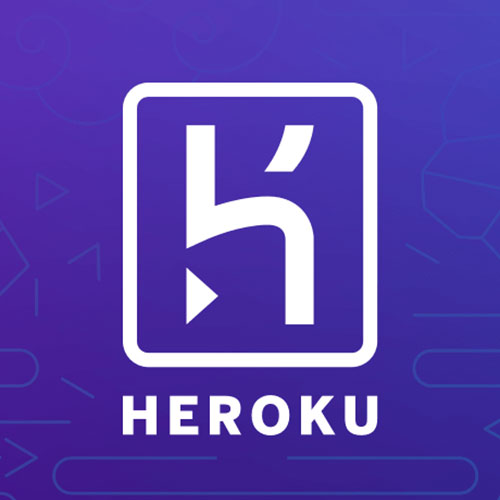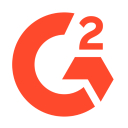I Bootstrapped A $3.6M/Year Online Review Software In 180 Days
Hello! Who are you and what business did you start?
Hi! I’m Ian, the founder, and CEO of ReputationStacker, a software that helps businesses get more reviews from their customers.
The way it works is simple:
- Our users add their customers to ReputationStacker.
- The system sends out a single-question survey to their customers via email and/or text message, then automatically segments them into “happy” or “unhappy” customers.
- Happy customers are shown links to the review sites of our user’s choice (Google, Facebook, Yelp, Tripadvisor, etc) and asked to leave a review on one of these sites.
The system alerts the user about unhappy customers so they can reach out to them and make them happy before they leave a bad review.
It also automatically alerts the user whenever a new review is posted, and...






























